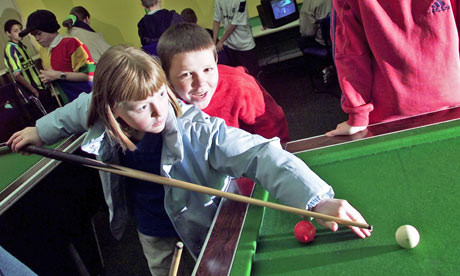Applications for the 2015 BBC Technology Apprenticeship open at midday on Friday 26th September 2014.
Book onto one of our open days to find out more.
You can also watch last year's open day highlights video above and find out what you will learn on the Technology Apprenticeship.
You can find out more about the scheme below, email TechnologyApprentices@bbc.co.uk to join the mailing list and follow @BBCTrainees for the latest information.
What’s on offer?
What you need to apply:
Additional information:
The scheme starts in September 2015 and lasts for three years.
There are opportunities for you to choose based at our main broadcast centres in London, Birmingham and Salford with opportunities to work across England, Scotland, Wales and Northern Ireland.
Apprentices need to be able to travel to their main place of work
More information about the scheme
As part of the three year Level 6 Higher Apprenticeship programme you’ll complete work placements with the BBC and other media companies, while studying towards a degree in Broadcast Engineering. You’ll also build up an excellent CV which will put you in a great position to compete for jobs in the media industry once you graduate. And the brilliant news is that you don’t have to take out a Student Loan - the BBC pays you an Apprentice training allowance of £11.5k and covers your university tuition fees - it’s all part of the Apprenticeship.
Once qualified, you’ll be in a great position to offer your skills and talents to a wide range of media companies on the look-out for people like you.
Take a look at the Technology Apprenticeship curriculum.
About the role
The BBC Academy has worked in partnership with ITV, Channel 4, Red Bee Media and Arqiva, to design the Apprenticeship so that, once qualified, you will have all the skills and knowledge to be highly employable across the broadcasting industry. Some of our industry partners will also be offering work placements so you will get to work at the heart of broadcasting, in exciting technology teams while building up a fantastic CV that will place you really well for competing for jobs at the end of your Apprenticeship.
As part of this innovative Apprenticeship, you will study for an honours bachelor’s degree, with tailored courses in:
You will study towards a BEng in Broadcast Engineering taught at and awarded jointly by the Universities of Salford and Birmingham City. This will give you a world-class foundation in the theory of broadcast engineering.
You will have a main BBC base, but you will spend periods away on study or work placements. Through a series of academic modules and industrial experience we will prepare a new generation of Broadcast Engineers to help build and support the future of broadcasting. You’ll develop an excellent theoretical and practical understanding of operational and technical systems and equipment and their use in the fast-moving broadcasting industry.
To start with you may be based in technical support teams, working on shift with teams responsible for fixing and maintaining studios and equipment. By the end of three years you may be working on projects. You will have a placement manager who will be responsible for your learning objectives and you will be assessed on each placement.
About you
As well as being passionate about how things work and solving problems, we want to hear from you if you’re an energetic team player and good with people. You don’t need to have any work experience but you will need at least 300 UCAs points which you can calculate on the UCAS website. Successful candidates will normally have studied maths and another science at A level (or equivalent), however candidates with a BTEC in a relevant subject or with good A levels and relevant experience may also be considered.
You’ll need to have done something that demonstrates your interest in technology. The scheme lasts for three years, starting in September 2015. Interviews for September 2015 entry will take place in the first two weeks of December 2014.
For the latest BBC Trainee Schemes information follow @BBCTrainees.







